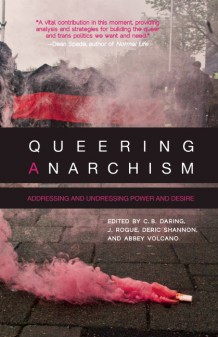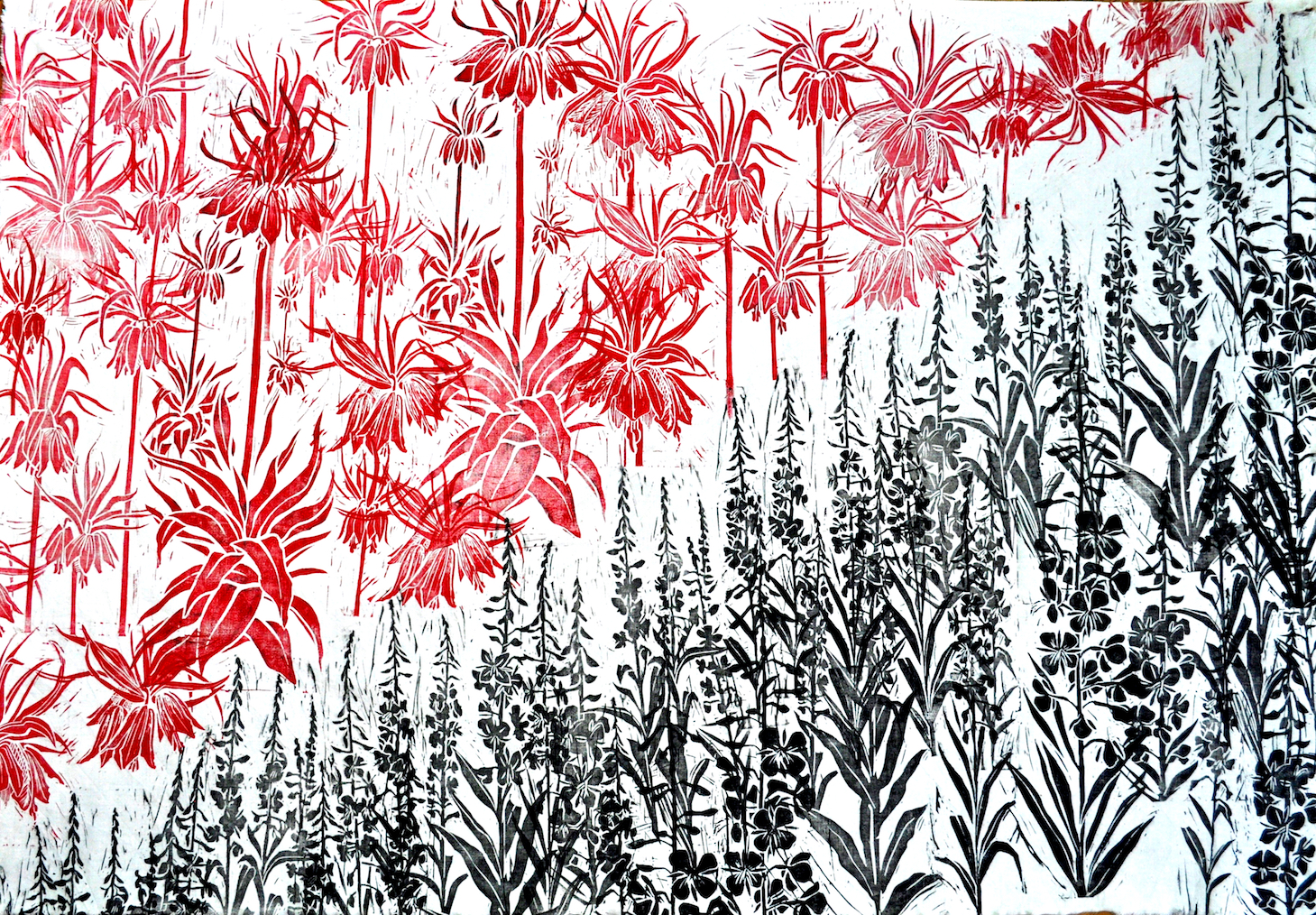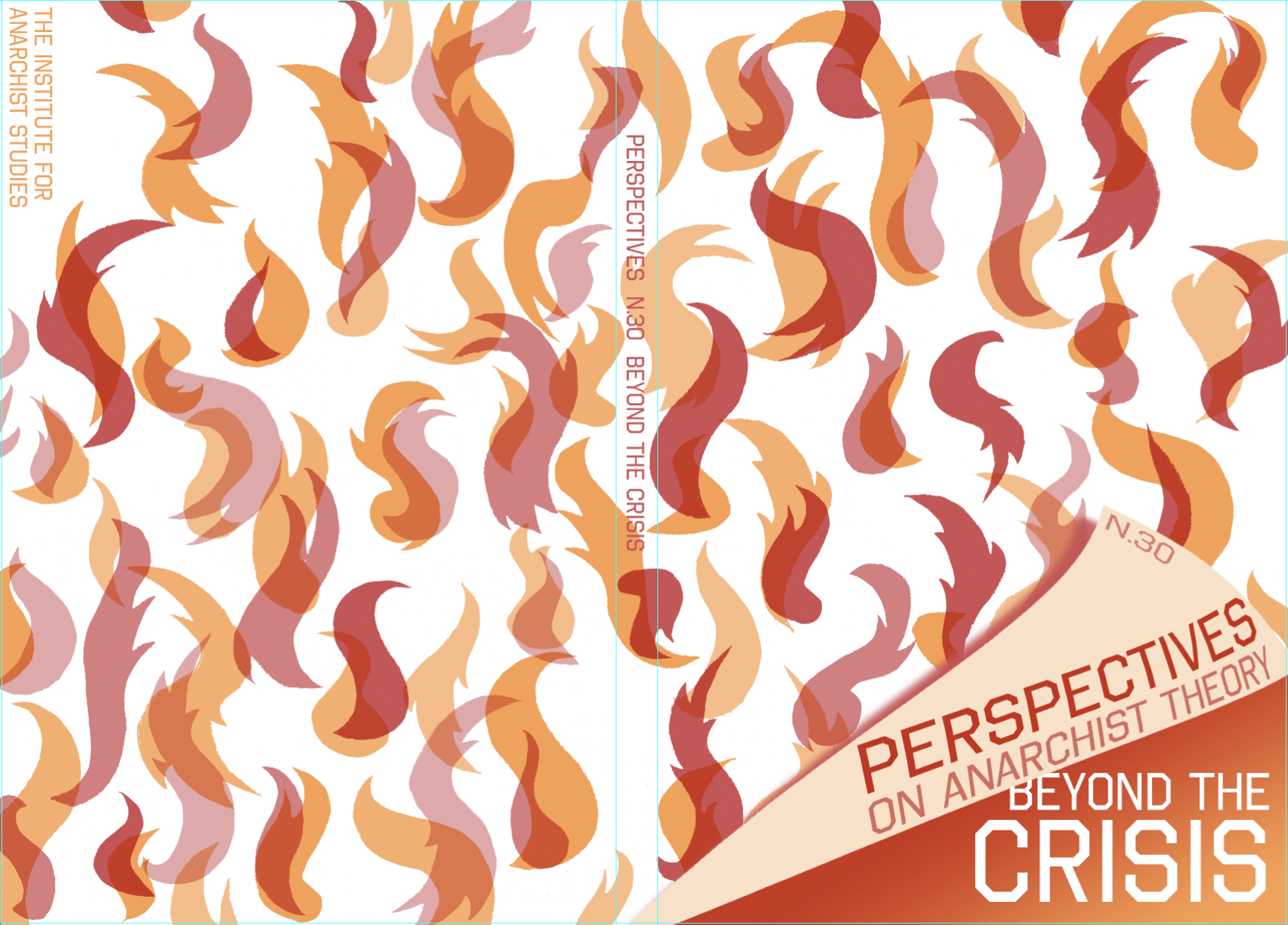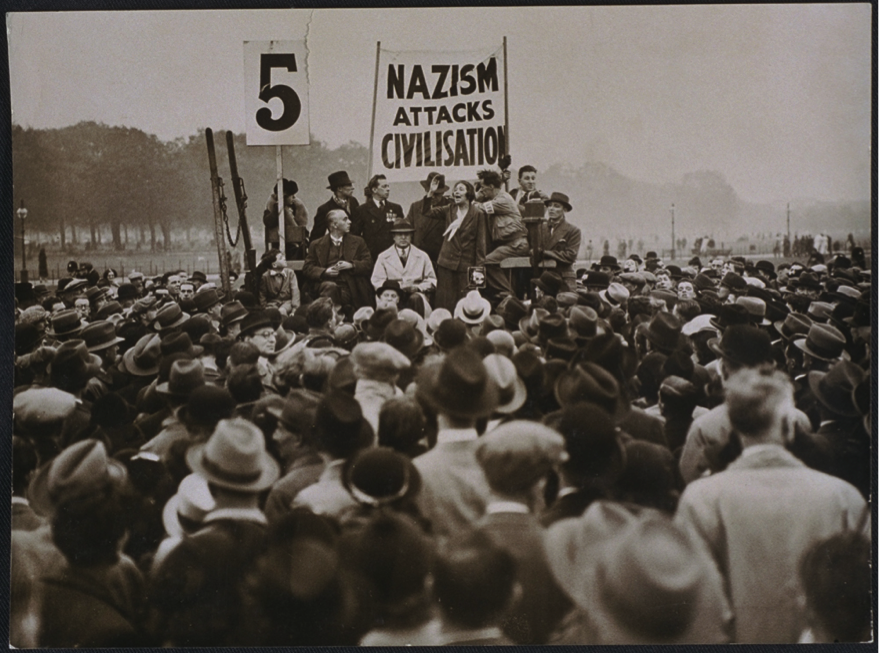 This book review appears in the current issue of Perspectives on Anarchist Theory (N. 29) available from AK Press here!
This book review appears in the current issue of Perspectives on Anarchist Theory (N. 29) available from AK Press here!
Queering Anarchism. The title suggests a process, something in motion, developing, unfolding, undefined, unsettled. Indeterminacy is part of the point of the subversion of categories, an opening of possibilities, simultaneously emphasizing and easing difference. What was once hidden becomes apparent; what was once obvious becomes absurd. Both the anarchic and the queer challenge the status quo. Both expand our sense of the possible, enlarge our idea of freedom. What happens when these two mercurial concepts come into contact?
In making the attempt, Queering Anarchism accomplishes something remarkable, providing a good, quick orientation to anarchism and a short introduction to queer politics and queer theory. And by relating the two, it enacts a kind of intervention into each. The book’s twenty-one chapters show that queer politics needs an analysis of class and power, and that the anarchist critique of capitalism and the state has much to gain by incorporating questions of gender and sexuality. The contributors consider the multiple ways that power relations shape our sex lives, our gender expressions, our family arrangements, our sense of self and belonging, and even our desires, fantasies, and entertainment. Conversely, they also explore the ways that freedom might change those things and moreover, how changing them might in turn transform our understanding of freedom. As Jerimarie Liesegang writes in “Tyranny of the State and Trans Liberation”:
Whereas anarchists and anarchist theory need to look at struggle on the conceptual level that queer theory provides, queer theory needs to be coupled with anarchism’s critique of structural domination, such as the state and capitalism. (96)
If that sounds a bit like a dare, it is a dare worth taking.
Read more
 Here’s an interview with writer and activist Hillary Lazar on the connections between border politics and antifascism, applying intersectional frameworks to movement organizing. The discussion begins with a conversation about Lazar’s recent essay, “Connecting Our Struggles: Border Politics, Antifascism, and Lessons from the Trials of Ferrero, Sallito, and Graham,” published in Perspectives on Anarchist Theory (N30, “Beyond the Crisis” issue)
Here’s an interview with writer and activist Hillary Lazar on the connections between border politics and antifascism, applying intersectional frameworks to movement organizing. The discussion begins with a conversation about Lazar’s recent essay, “Connecting Our Struggles: Border Politics, Antifascism, and Lessons from the Trials of Ferrero, Sallito, and Graham,” published in Perspectives on Anarchist Theory (N30, “Beyond the Crisis” issue)









 This book review appears in the current issue of Perspectives on Anarchist Theory (N. 29) available
This book review appears in the current issue of Perspectives on Anarchist Theory (N. 29) available